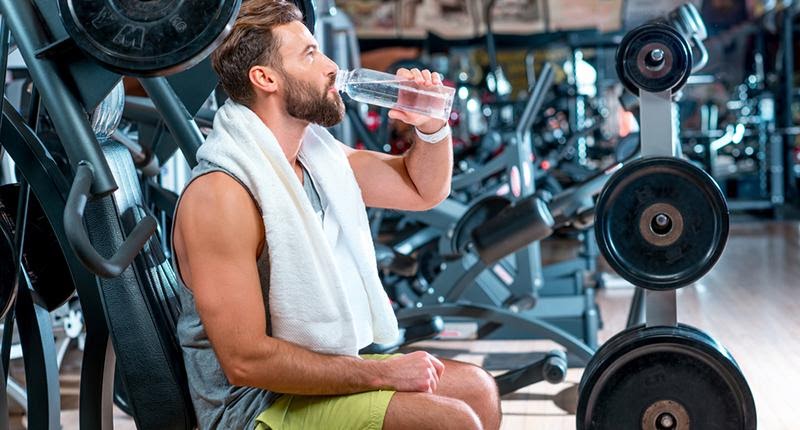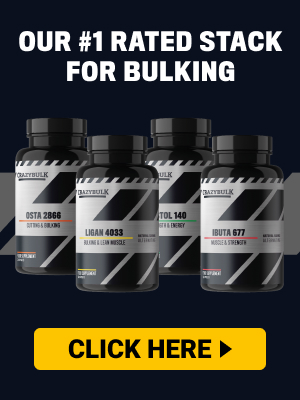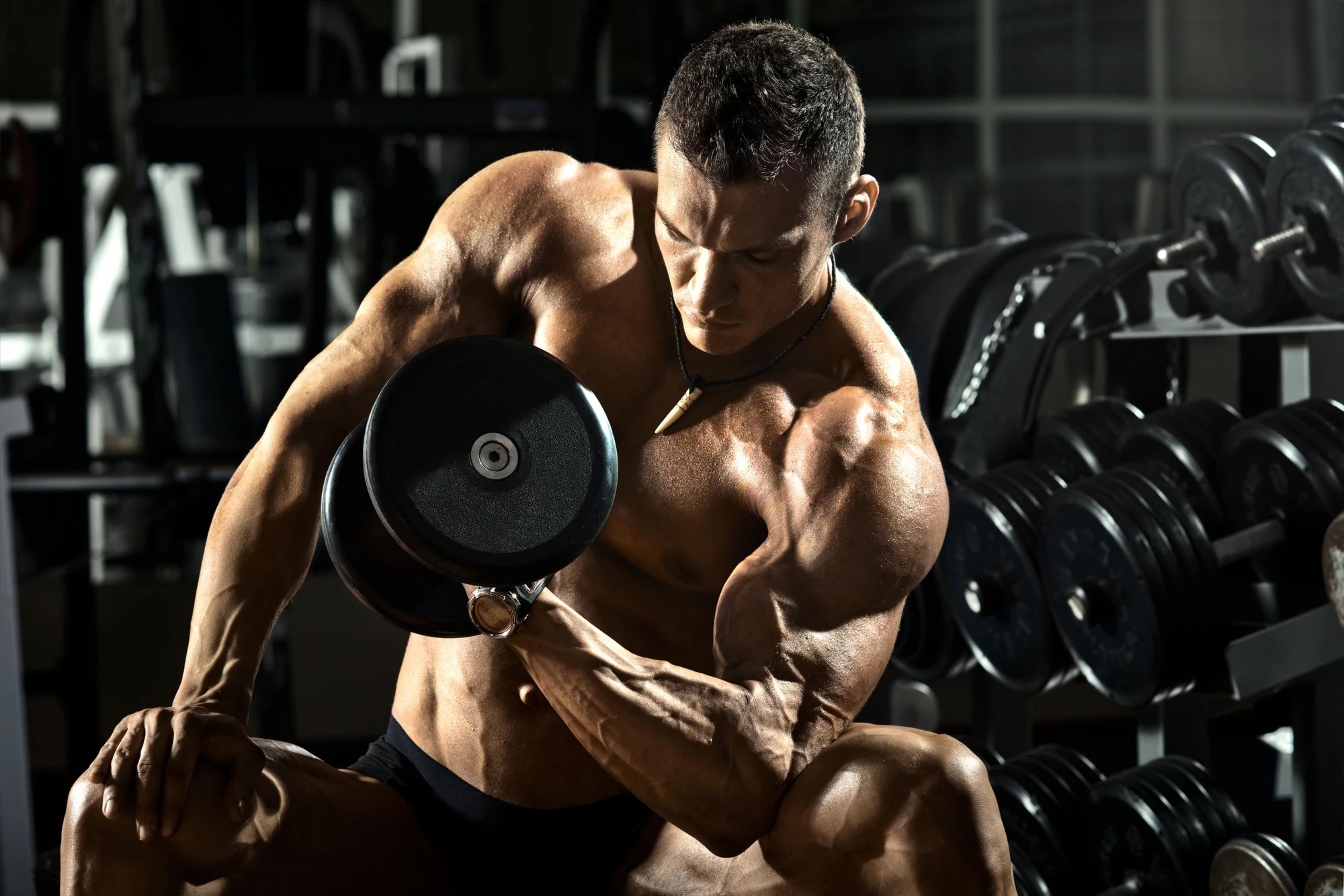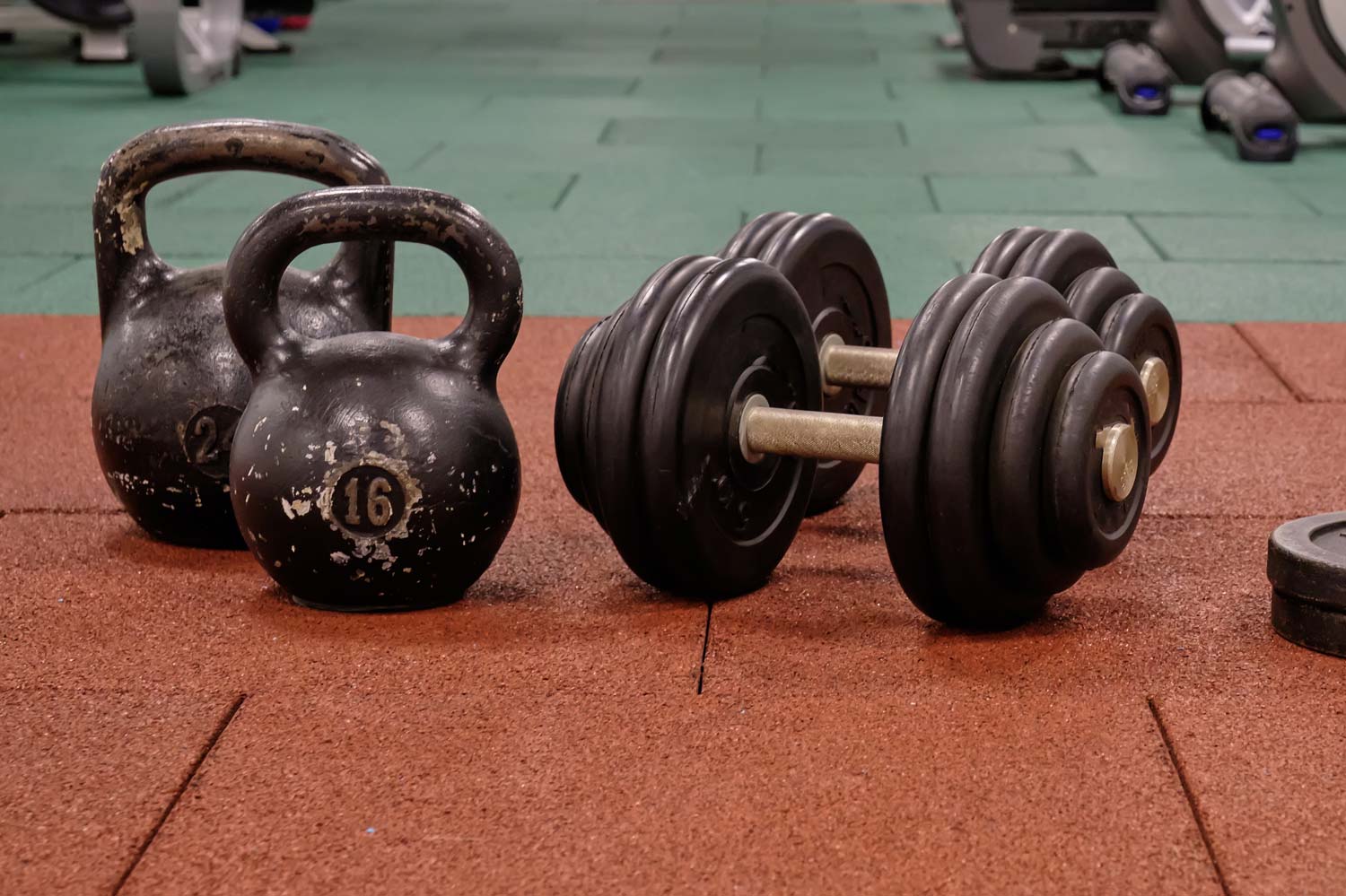How Much Water Do Bodybuilders Drink?
We’re already well aware that water is one of the most vital ingredients for our good health, and even then, some of us take it for granted in our day-to-day lives. But when it comes to bodybuilding, gym rats ensure they are well-hydrated for numerous reasons.
If you’ve been going to the gym, you must’ve heard of the famous fact, “Water is the most anabolic nutrient you can take.” It sounds almost like an encouragement to have you stay off the gear that most of the juiced-up fitness influencers are on today, yet there has never been a more accurate statement.
Hydration has always been the key for any level of bodybuilders or athletes alike, not only to perform better but also for purposes such as transporting nutrients to your cells, speeding up recovery, etc.
So, to answer your question, “Why do bodybuilders drink lots of water,” we’ll need to delve deeper into how water acts as one of the most critical nutrients for any training regimen you follow. And how much should you drink for gains and more? Read on!
Why Is Water A Crucial Nutrient When Muscle Building?
Did you know that your muscles are made out of 79% of water? Yes, it’s not proteins. Only 19 percent of protein comprises your muscle tissue; the rest is water.
In addition, have you ever experienced decreased strength during an exercise that you can usually put more reps in? More often than not, it’s usually caused due to a lack of hydration. If you’ve also felt almost fatigued by the end of a workout session, you might already know why.
Unlike fats and carbohydrates, water simply does not produce energy, yet it’s essential and helps you put in those extra reps on your bench press. Why? Take it this way: when you’re working out, you lose fluids, and to replace them with new ones, you need to stay hydrated.
Water helps you replenish the electrolytes you lose during your intense training session, which saves you from cramps, fatigue, decreased strength, and slow muscular response.
In addition to transporting nutrients and oxygen to your muscles, which enhances your endurance and performance, water also keeps your joints lubricated, highly minimizing the risk of any lifting injuries.
Bodybuilders drink lots of water post-workout since it also aids in muscle recovery/repair and growth.
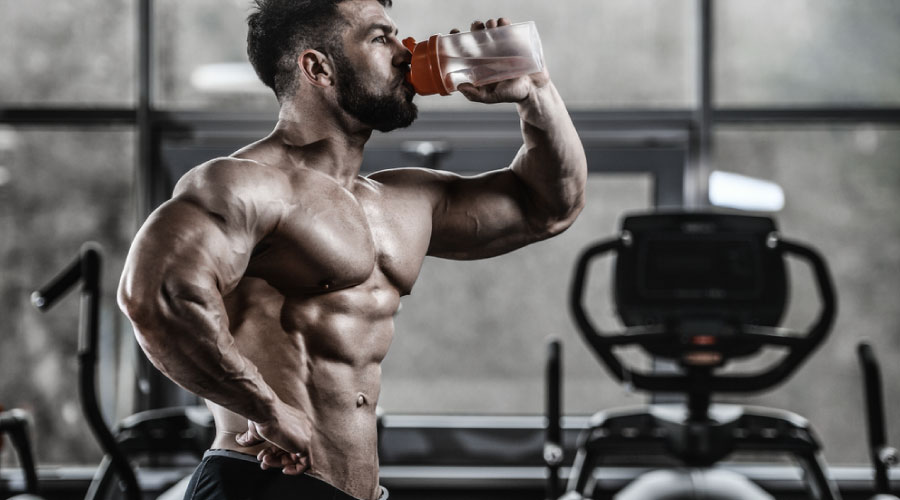
How much water should I drink when building muscle?
There are many factors concerning how much water you should drink when you’re building muscles. These factors could include the size of your body, the intensity of your exercise, and, in some cases, your environment.
However, generally speaking, an average person loses approximately 14 ounces or more per hour of workout sessions. To gain muscle, you need to refill your body with water, and even the average recommended hydration 2-3 hours prior to your workout session is 14 to 20 ounces or more.
In addition, add another 8 ounces during your warm-up, and continue drinking at least 8 to 11 ounces every 10 to 20 mins. So, the bare minimum of drinking water in a 60-minute workout session for an average person when building muscle would be at least 1 gallon.
When in doubt, the general guideline for water intake in order for maximum gains and peak performance would be drinking at least 11 ounces of water per 10 kg of body weight.
Benefits Of Water When Muscle Building
Suppose you’re drinking the recommended amount of water for muscle building; here are some of the benefits you’ll be getting:
- Protein synthesis: Understanding that even mild dehydration disrupts protein synthesis, water helps make the process smooth and easy, leading to muscle growth.
- Maintains muscle pump: Water is carried from the blood to the cells in your muscles and makes them swell, leading to a longer muscle pump.
- Prevents cramps, fatigue, and muscle breakdowns: Proper hydration prevents cramps, fatigue, and muscle breakdowns since water does various jobs, like transporting oxygen and glucose to your muscles, regulating temperature, and preventing fatigue caused by loss of electrolytes.
- Better recovery: Water is vital for increased recovery since it replenishes the fluids lost during your workout.
- Better flexibility of joints: Reduces the risk of injury from resistance exercises since water acts as a lubricating agent to your joints, making you move them more efficiently.
Does milk count as water intake?
The general answer is yes! Milk counts as water intake since 87% of milk is made up of water, and this contributes to your overall hydration.
Bodybuilders also drink milk for various purposes, and there’s also a famous name for a specific diet catered to staying hydrated and building muscles. Ever heard of the GOMAD diet?
In addition, compared to water, milk is known to be released slower in the small intestine, hence encouraging delayed absorption into the bloodstream than water. This makes you stay hydrated for longer and helps your body retain fluids for a more prolonged time period.
Milk also contains high amounts of electrolytes and other nutrients that are lost from your body during intense exercises and further replenishes it. However, milk can never substitute water since there are a few factors that come into play.
If you’re constantly checking your macros for a lean aesthetic body, incorporating milk for your hydration purposes would seem detrimental to your progress since it contains a lot of fat and calories. In addition, you would be dealing with a lot of issues if you’re lactose intolerant.
At the end of the day, while milk can be counted in your daily water intake, it can never replace water.
Drinking enough water is not only beneficial for the general masses, but it is increasingly crucial when bodybuilding.
Water enhances muscle growth by helping you maintain peak performance throughout the workout session, aids in the process of protein synthesis, provides joint flexibility, and replenishes fluids lost with sweat.
Proper hydration also speeds up your muscle recovery, giving you more time in the gym and preventing you from feeling fatigued mid-training. It is important to follow proper hydration for maximum gains.

